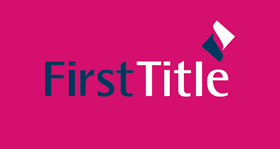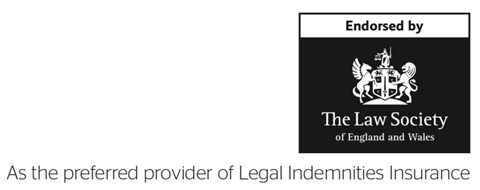The majority of title insurance policies are geared towards protecting property owners. Here we look at cover that is aimed at protecting the interests of tenants.

The automatic inclusion of tenant endorsements in defective title insurance policies is not normal practice. A standard title insurance policy insures against the loss in value of a site. It will also cover the costs that an insured is legally liable to pay pursuant to an order or settlement.
These policies are ideal for a developer or property owner trying to protect an asset they own. However, in the event of a claim where there is a lease, and a known risk prevents the use of the site, specific tenant losses could be incurred that are not included in a standard title insurance policy.
Specific tenant losses include: a tenant’s ongoing obligation to pay rent; tenant fit out costs that become abortive; and loss of profits if the tenant cannot trade from the site while a title insurance issue is being dealt with.
This means that tenant endorsements on the policy may be appropriate to protect the tenant’s interests.
Why are tenant endorsements necessary?
Standard title insurance products are ideal for property owners and the losses they are likely to suffer if a title defect adversely affects their use of a site. However, tenants typically have different interests in a site and could therefore benefit from additional, bespoke cover under a policy to protect their interests.
When might tenant endorsements be appropriate?
Tenant endorsements should be included in a title indemnity policy when there is a risk of loss to the tenant. If, for example, a site is developed subject to a covenant not to sell alcohol, and a retail tenant takes a 15-year lease of the ground floor, they would expect to be able to sell alcohol as part of their usual retail offering.
If such a covenant is successfully enforced, the freehold owner of the site would be compensated for the loss in value suffered as a result of the ground floor retail unit being unusable for the sale of alcohol.
The tenant will then be covered as a successor in title, and eligible for cover in relation to the standard policy losses. However, as a relatively short lease, the tenant’s leasehold interest will not have significant value. Furthermore, the tenant will probably have an obligation to continue paying rent under the lease until such point as they can exercise a tenant break clause.
This is where a Rental Liability endorsement from First Title could be invaluable. Under this endorsement, the named tenant would be able to call upon First Title to pay their rent in circumstances where they are unable to use the site for the insured purpose.
In addition, a First Title Tenant Relocation endorsement could be included to cover the cost of finding and relocating to an alternative location for an equivalent term, allowing the tenant’s business to continue to trade.
As mentioned earlier, loss of profits may be a concern and a Loss of Profit endorsement could be included to cover the lost profit to a tenant for the period in which they are unable to trade, while a claim is being dealt with.
What is required to provide tenant endorsements?
Tenant endorsements are typically provided for the benefit of a named tenant, in relation to a specific lease or agreement for lease. Tenant endorsements have their own apportioned limit of indemnity, so that the tenant is reassured that they will have sufficient cover in the event of a claim.
First Title will therefore require details of the proposed tenant; the value and type of losses the tenant intends to insure; and details of the proposed use of the site.
What issues should landlords and tenants consider?
Landlords might want to consider offering an incoming tenant the benefit of a tenant endorsement to make the site more attractive; or to ensure that any potential claim would not have a significant impact on the viability of the tenant’s business.
Landlords must be aware that there will be an additional premium payable for tenant endorsements. They should also understand that a tenant endorsement needs to be provided in relation to a specific lease or agreement for lease. This means that it may not be something the landlord can include at the outset of a project when acquiring their own title insurance. However, tenant endorsements can be added to a policy that has already been issued, once the proposed tenant and their intended use of the site is known.
Tenants should consider what losses they may suffer in the event of a claim against the freehold. They may, for instance, require tenant fit out costs to be specifically ring fenced within a policy. They may also need to consider their options in the event that a title defect prevents them from trading.

To find out more about our products
and services email info@firsttitle.eu
or call +44 (0)20 7160 8100.
First Title Insurance plc is authorised by the Prudential Regulation Authority and regulated by the Financial Conduct Authority and the Prudential Regulation Authority. First Title Insurance plc is registered in England under company number 01112603. Registered office: First Title Insurance plc, ECA Court, 24-26 South Park, Sevenoaks, Kent TN13 1DU.































No comments yet